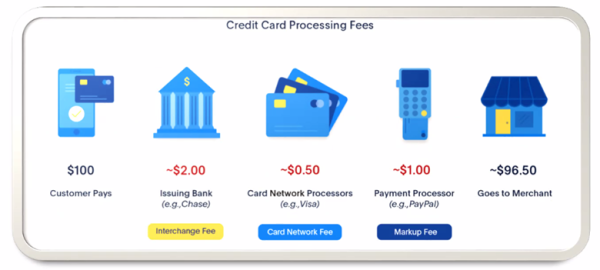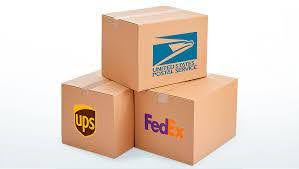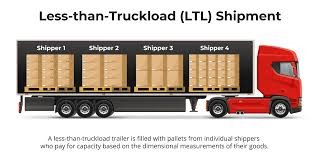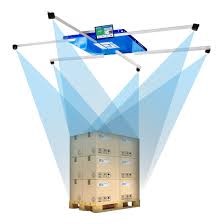What affects the price of waste?
Waste can be a complicated expense, as there are many factors that contribute to the final price that businesses pay for their waste removal. This makes it hard for business owners to control their costs or even determine if their invoices are accurate.
Size of Containers – Larger containers cost more as they can hold more waste.
Number of pickups per week - More frequent collection services will increase costs.
Type of waste - Disposing of hazardous materials (such as chemicals, medical waste or electronics) requires specialized handling and disposal methods, which can increase costs.
Volume and/or weight of the waste - Waste management companies often charge based on the volume (cubic yards) or weight (tons) of waste.
Accessibility of the property - Waste that is collected from a remote location or an area with restricted or difficult access may have increased costs.
Landfill fees - Landfills charge per ton or volume for waste disposal, known as tipping fees. Rising tipping fees are a significant factor in increasing overall waste management costs.
Additional Services - Extra services like recycling or composting can affect the overall waste cost.
|




























